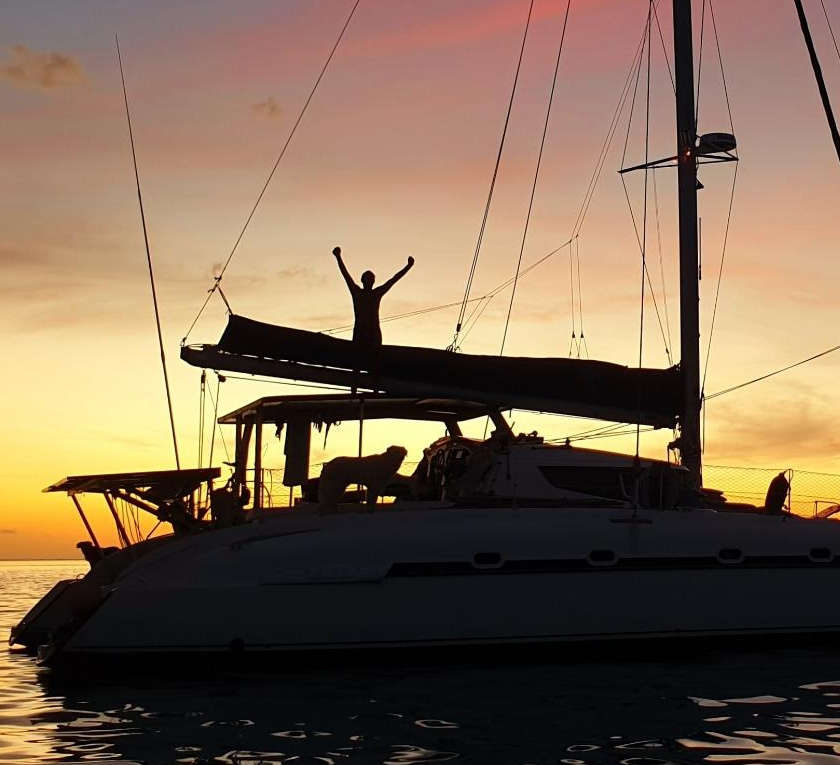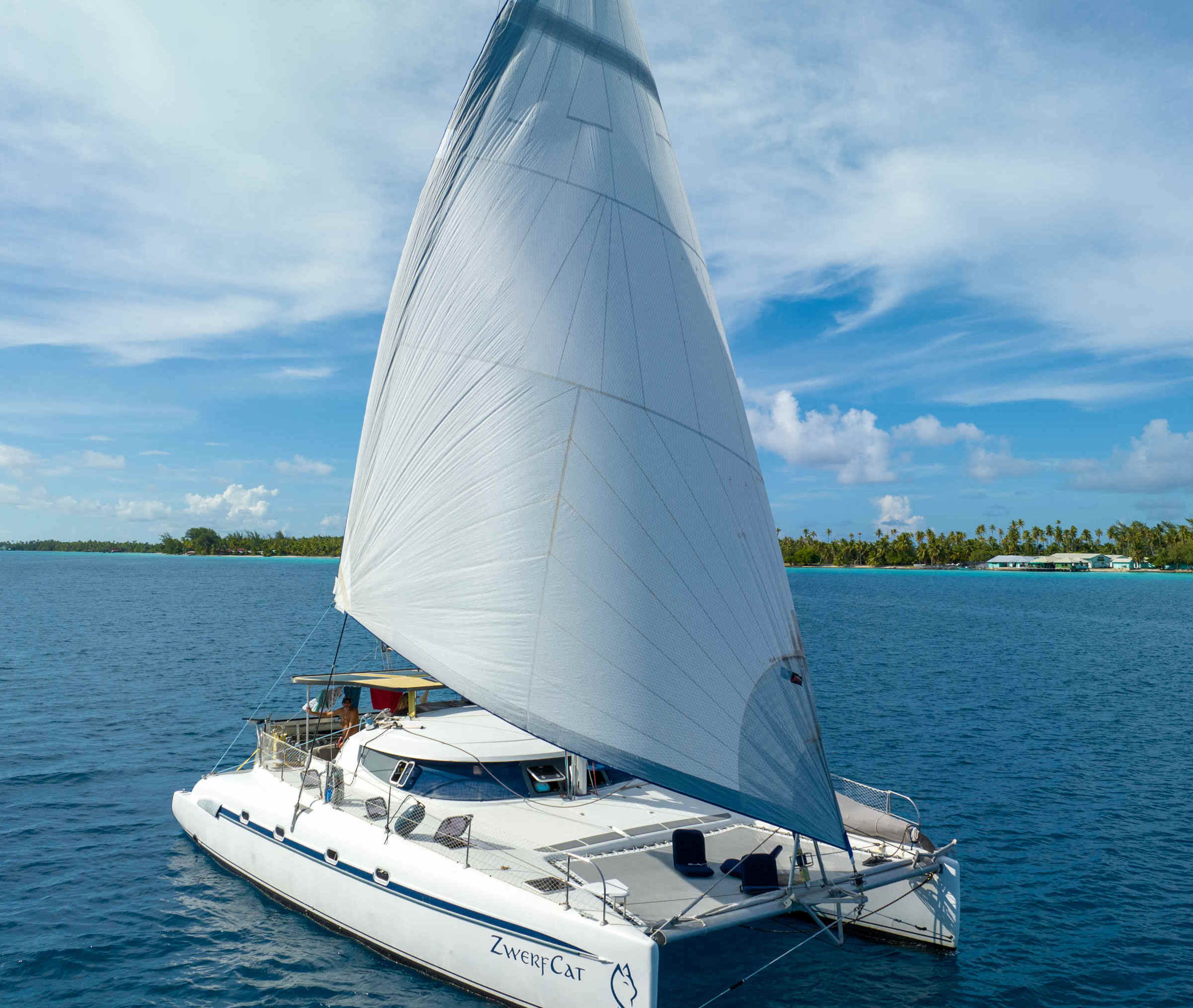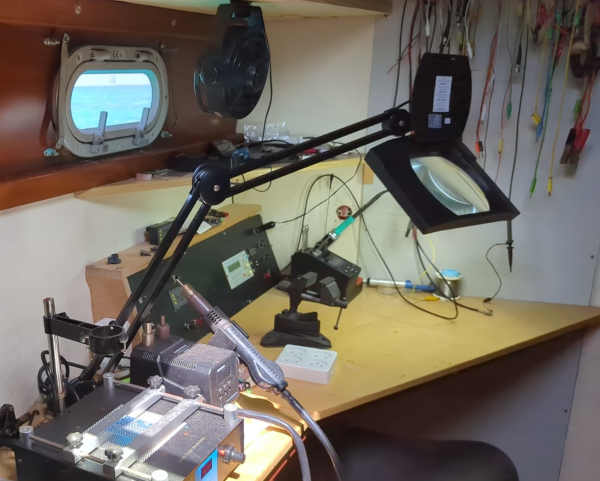

All you say might be true for the current design of airplanes. But it is like saying, “this formula 1 race car is really more efficient on the race track than in urban traffic, hence driving cars faster is more efficient.”. I agree flying higher is more efficient. There is however no rule that you need to get to 400kts in order to be able to fly at FL350. It all depends on the design of the airplane. In general, for every form of transportation, road vehicles, boats, airplanes, going faster always means “spending progressively more fuel”. I built my own airplane. And sure enough, flying it at 160kts instead of 140kts costs more fuel, at any altitude. And, not insignificantly, my small propeller airplane has a lower fuel consumption per passenger per mile than the airliners do, despite the latter flying higher and faster… What is the reason of that? There was also the Concorde. It could fly even faster, and higher, but… it used way more fuel. But this also doesn’t mean that flying the Concorde close to its stall speed would be more efficient. There is no way to fly the Concorde at the same efficiency as a 737, at any speed or altitude, because it is designed to fly high and fast, and burn more fuel to make that possible.
So, I’m pretty sure, if we would not optimize the design of airplanes for a certain speed, but for the lowest fuel consumption, you might indeed end up with airplanes that fly slower (and maybe lower) than the designs we have now, and we could have airplanes that use less fuel per passenger per mile.




I could give a long description about the process to make the sugar needed to make cola, and then describe whiskey as essentially just water and alcohol, and some flavors. Then there is that other kind of alcohol, methanol, for cleaning windows etc, usually sold in percentages over 80%. How much does that cost per liter? I stand my ground that spirits could be sold for about the same price as soda, if it would not be taxed with special exise, duty, tax, or whatever the special “alcohol tax” is called in your country. Which is exactly the reason that in practically every country alcoholic drinks are made artificially more expensive.